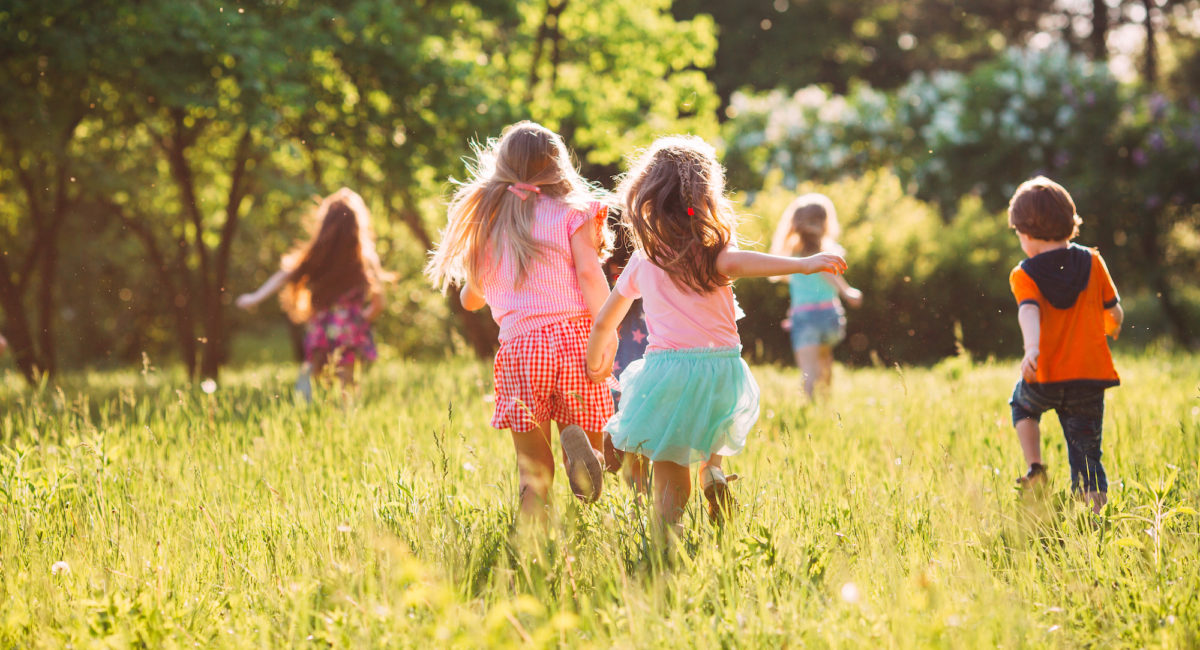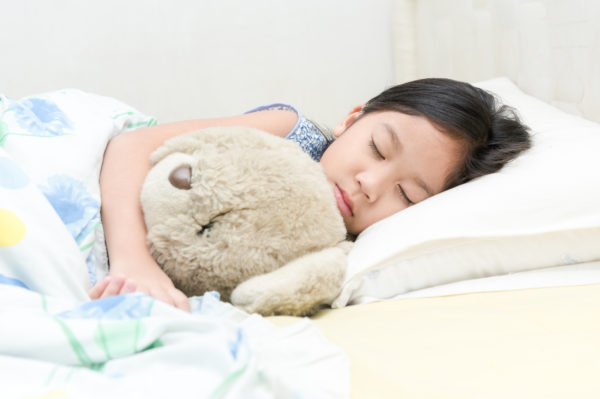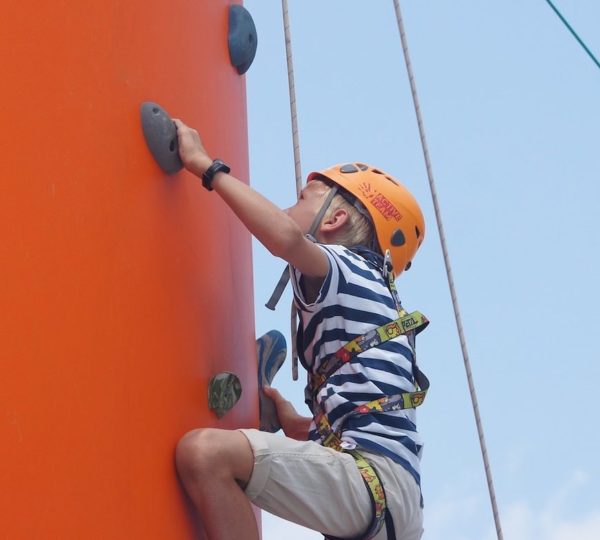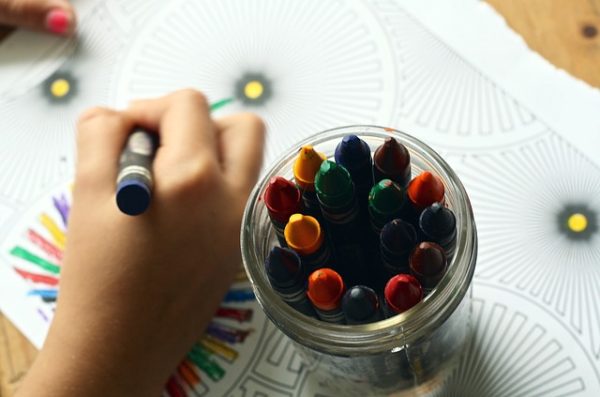Social, Emotional and Behavioural Development
Social, emotional and behavioural development begins at birth and continues into adulthood. Positive social and emotional development is important. This development influences a child’s self-esteem, the ability to develop meaningful friendships, and gives them a sense of empathy and understanding to those around him/her. Children’s social, emotional and behavioural development also influences all other areas of development.
Parents and caregivers most often play the biggest role in these areas of development because they provide the most consistent relationships for children. Positive experiences with family members, teachers and other adults help children learn appropriate behaviours, and build relationships by exploring their emotions in predictable interactions. How can we as parents and caregivers support our children’s social, emotional and behavioural development?
Social Development
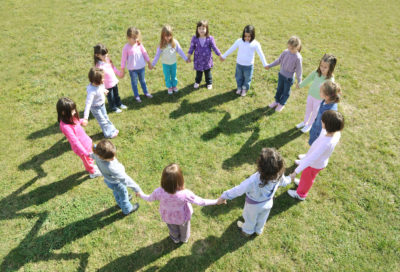 Social development involves a child learning to interact with others around them. By developing their own individuality and their place within society, they gain communicate skills and are better able to understand their own actions.
Social development involves a child learning to interact with others around them. By developing their own individuality and their place within society, they gain communicate skills and are better able to understand their own actions.
Social development in children is most often focused on how a child develops friendships and other relationships, and most importantly, how they handle conflict with peers.
Social development is important because it effects other forms of child development. A child’s ability to interact in a healthy way will help them to develop into a more grounded teenager and an adult who can successfully navigate the challenges of life.
Healthy social development can help your child:
- Build self-esteem: healthy friendships reinforce a sense of comfort in children as they begin to understand their own individuality.
- Use effective communication skills: being able to interact with other children practises speech and language skills.
- Deal appropriately with conflict and stress: well developed language skills and a strong sense of self-esteem provide children the tools to negotiate and resolve conflicts.
- Employ successful learning strategies: research has shown that having healthy relationships from a young age gives children the confidence to adjust to different school settings and challenges.
How can parents and teacher help children develop socially?
Preschool children (under 5):
- Help children express their emotions when talking through their feelings during difficult situations.
- Encourage co-operative play by demonstrating appropriate behaviours when playing such as sharing toys, compromising on which activities to play.
- Provide play dates and other social opportunities for children to interact with others of a similar age.
- Lead by example by demonstrating healthy, positive social relationships with those around you.
School age children (over 5):
- Keep communication lines open with your children by talking with them about their social relationships and friends as much as possible.
- Provide the opportunity for children to discuss social conflicts and discuss the best reactions to help solve the problem.
- Listen and support your children in a non-judgemental manner as they navigate social issues.
- Discuss the issue of bullying, both in person and online.
Emotional Development:
Emotions help us derive meaning from the world around us and emotional development during childhood is key to living a healthy life. If children build a well-equipped emotional tool-box of strategies, they will develop the emotional intelligence needed to cope with challenges throughout their lives.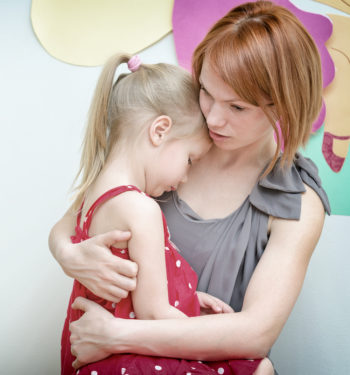
Emotional development in children means that they have self-awareness, emotional regulation and have responsible decision-making skills. These skills influence a child’s ability to be successful at school and within society. Without emotional guidance, children can struggle academically and behaviourally.
There are three major emotional stages children progress through:
- Noticing Emotions: from a young age children deal with simplified emotions such as happiness, anger and fear. They notice how things make them feel and use simple physical reactions to display their emotions. Young children can be encouraged to self-soothe, as this is the first stage of regulating their emotions. Parents are normally the main role model at this stage, so children tend to emulate how their parents react to big emotions.
- Expressing Emotions: Children begin to develop vocabulary and an awareness of emotions. They may experiment with how they express more complex emotions – sometimes through tantrums and defiant behaviours. Parents can acknowledge and name the emotions which helps validate how children are feeling. After acknowledgement, parents can model appropriate responses to these emotions.
- Managing Emotions: As children begin formal schooling, their greater independence allows for opportunities and challenges when it comes to emotional development. Children begin to develop coping skills to deal with sharing, listening and playing together. Parents can give children strategies to deal with their emotions. Children can learn what behaviours work for them – such as deep breathing or finding quiet spaces to calm down. Parents can have realistic expectations and accept that children will get frustrated. Instead of trying to “fix” problems, they can give their children tools and strategies to help them manage their emotions.
Behavioural Development
Children progress through distinct stages of development throughout their childhood. Cognitive development is constant throughout childhood, affecting behaviours and reactions. Parents can determine approximately when these behavioural changes will happen although environmental factors can have a significant influence on how and when this development occurs.
Parents can help by providing the necessary support, encouragement and interventions to enable children to navigate these changes as smoothly as possible.
Expected behavioural developments in preschool children (under 5):
- Children begin to develop emotional regulation through delayed gratification. They learn to understand the meaning of “no” and accepting that they may have to wait for what they desire.
- More concentrated activities such as arts and crafts and games become accessible as children develop their concentration skills as well as their gross and fine-motor skills.
- Learning through play is crucial at this stage as children develop their language and creativity through imaginative play and interactions with peers.
- Children begin to become more independent as they become more social and interested in new activities outside the home.
- Cognitive development allows children to complete more complex tasks and directions.
Expected behavioural developments in school age children (over 5):
- Children begin to accept and understand the need for rules, both at home and at school.
- Development of communication skills allows children to express their needs more clearly and easily.
- More able to understand and express their own individuality through exploring interests and abilities.
- Children’s independence is balanced by moral code imparted by parents that is gradually internalized through encouragement and experiencing natural consequences to their behaviours.
Social, Emotional and Behavioural Milestones by Age
Not all kids develop at the same pace but there are some milestones you can expect children to meet around roughly the same age. This printable list highlights the main social, emotional and behavioural milestones at different ages.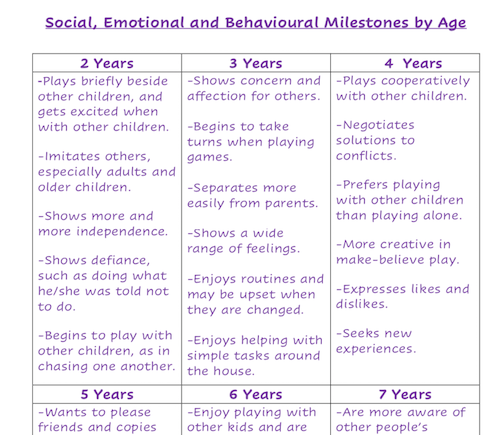
Watching your child’s social and emotional and behavioural develop is one of the greatest joys of being a parent but it can be stressful if you have concerns about their development. If you think your child may be behind on any of these milestones, share your concerns with those who can help. Parents, caregivers, teachers, and health care providers can all play a role in helping children build positive social, emotional and behavioural skills.
